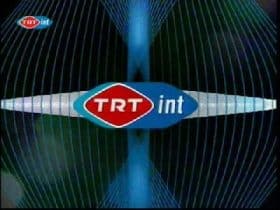 18.118.195.162
18.118.195.162
Watch The Shopping Channel (21.tv) Live ( Israel)
TV Country : Israel
Watch The Shopping Channel (21.tv) on the Website
The Shopping Channel (21.tv) Streaming link Here
The Shopping Channel (21.tv) IPTV : Not available
TV channel The Shopping Channel (21.tv) description :
Step into a world of endless style and excitement with The Shopping Channel (21.tv). Embark on a visual journey filled with the latest fashion trends, must-have beauty products, innovative gadgets, and unique home décor items. Join our hosts as they showcase exclusive deals and unveil new arrivals, all from the comfort of your own living room. Indulge in a shopping experience like no other and discover a treasure trove of products that will enhance your lifestyle and elevate your senses. Tune in to The Shopping Channel (21.tv) and let the magic of retail therapy unfold before your very eyes.








































































































































































